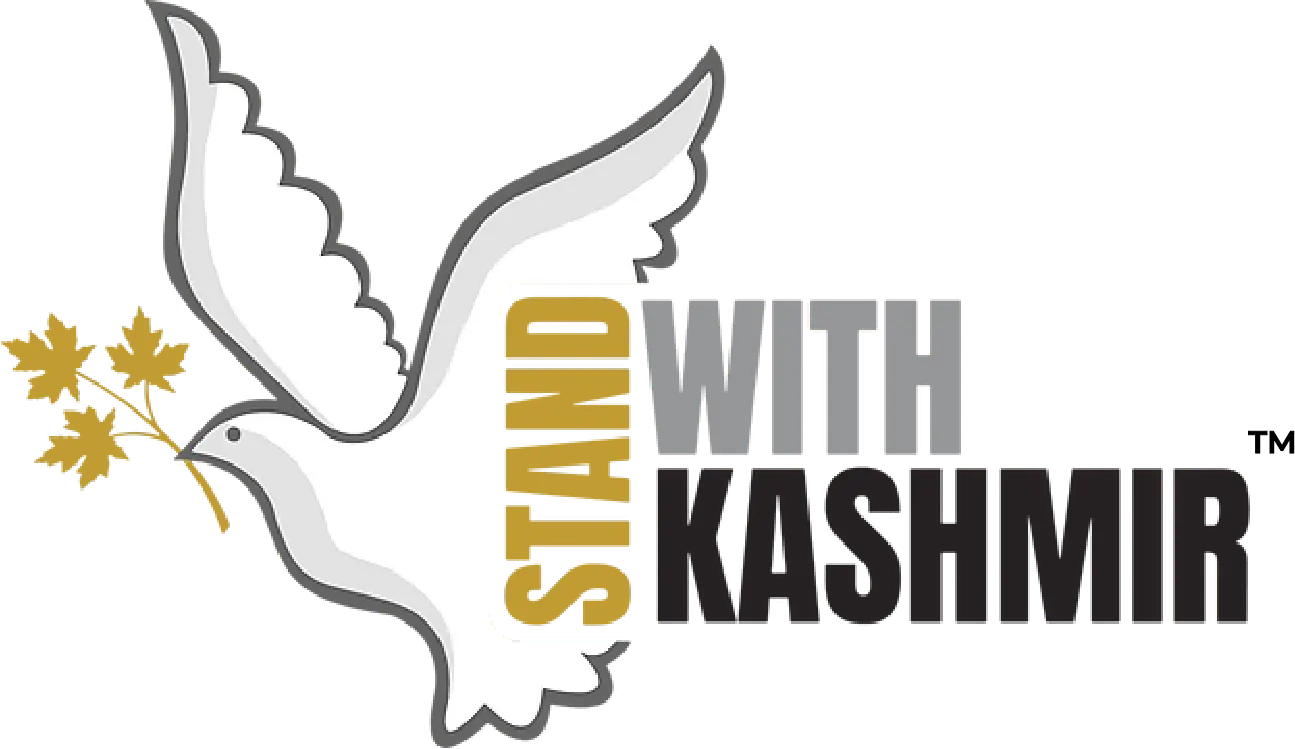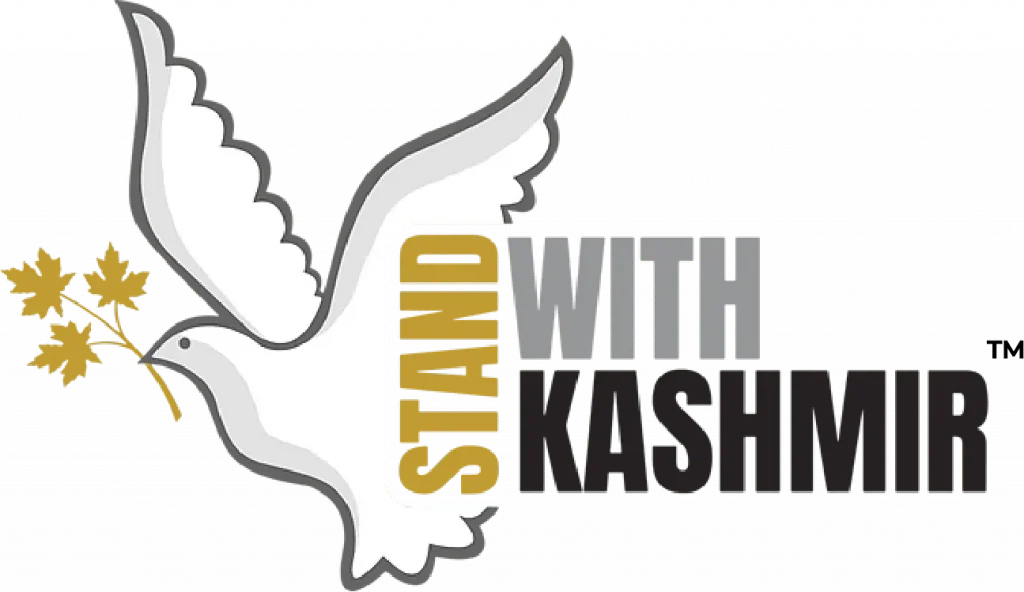Hundreds of U.S. Academics Urge India to Lift Kashmir Blackout, Grant Kashmiris right to self-determination
September 25, 2019: Over 450 academics in wide-ranging fields from across the United States are calling on India to immediately lift the communication blackout and siege imposed in Kashmir and grant Kashmiris the right to self-determination.
In a letter, professors, researchers and scientists demanded the Indian government cease the communications blackout in Jammu and Kashmir, release detainees, and allow journalists to report freely. The signatories hail from Harvard, Stanford, Yale, Princeton, Columbia, Cornell, Georgetown and Brown universities as well Colorado, Indiana, Oklahoma and Rutgers, among many others.
Prominent names signing the letter include Cornel West, professor of practice at Harvard Divinity School and the Department of African and African American Studies; Juan Cole, history professor at University of Michigan; Michael Rothberg, 1939 Society Samuel Goetz Chair in Holocaust Studies, UCLA; Hatem Bazian, Director of the Islamophobia Studies Center at UC-Berkeley; Chandra Talpade Mohanty, Distinguished Professor, Syracuse University; David Palumbo-Liu, Professor of Comparative Literature, Standford University; James C. Scott, Professor of Political Science and Anthropology, Yale University; John Esposito, Professor of International Affairs at Georgetown University; Rabab Abdulhadi, Professor Arab and Muslim Ethnicities and Diasporas, San Francisco State University and Noura Erakat at Rutgers University.
The letter denounces the Indian government’s suppression of the Kashmiri population, and its deployment of tens of thousands more troops, in what the academics cite as “one of the largest military occupations on the globe.”
“As people of conscience who are committed to the principles of freedom, dignity and justice, we refuse to remain silent as India—which touts itself as the international community’s largest democracy—continues its assault on due process, freedom of thought and expression, freedom of assembly, and freedom of the press,” the letter notes.
The letter was sent the United Nations Human Rights Council during its 42nd session in Geneva, Switzerland. The full text of the letter is available here.
Other academics signing the letter come from nearly a dozen countries, including India, U.K., South Africa, Hong Kong, Bangladesh, Pakistan, Singapore, Germany, U.A.E, Turkey, Canada and Qatar.
More than 7 million people in Kashmir have been under siege for almost 50 days. On the evening of August 4, 2019, the Indian government disconnected telephone and internet services, shut down local media, restricted the movement of residents, arrested and detained at least 3,000 people and militarized entire neighborhoods.
The academics join a growing number of voices speaking out on Kashmir. American politicians, including Bernie Sanders, Beto O’ Rourke, Rep. Ilhan Omar, Rep. Andy Levin, Rep. Ted Lieu, Rep. Rashid Tlaib and Rep Don Beyer issued statements expressing concern about the situation in Kashmir. Chairman of the House Subcommittee on Asia, Brad Sherman, also recently announced an upcoming Congressional hearing that will address human rights violations in Kashmir.
Stand with Kashmir is a Kashmiri diaspora-led international solidarity movement that seeks to end the Indian occupation and support the right to self-determination for the people of Kashmir.
FOR FURTHER INFORMATION AND/OR INTERVIEWS:
Contact: media@standwithkashmir.org
©2025 StandWithKashmir All rights reserved. SWK is a 501(c)(3) non-for-profit organization.


Leave a Reply